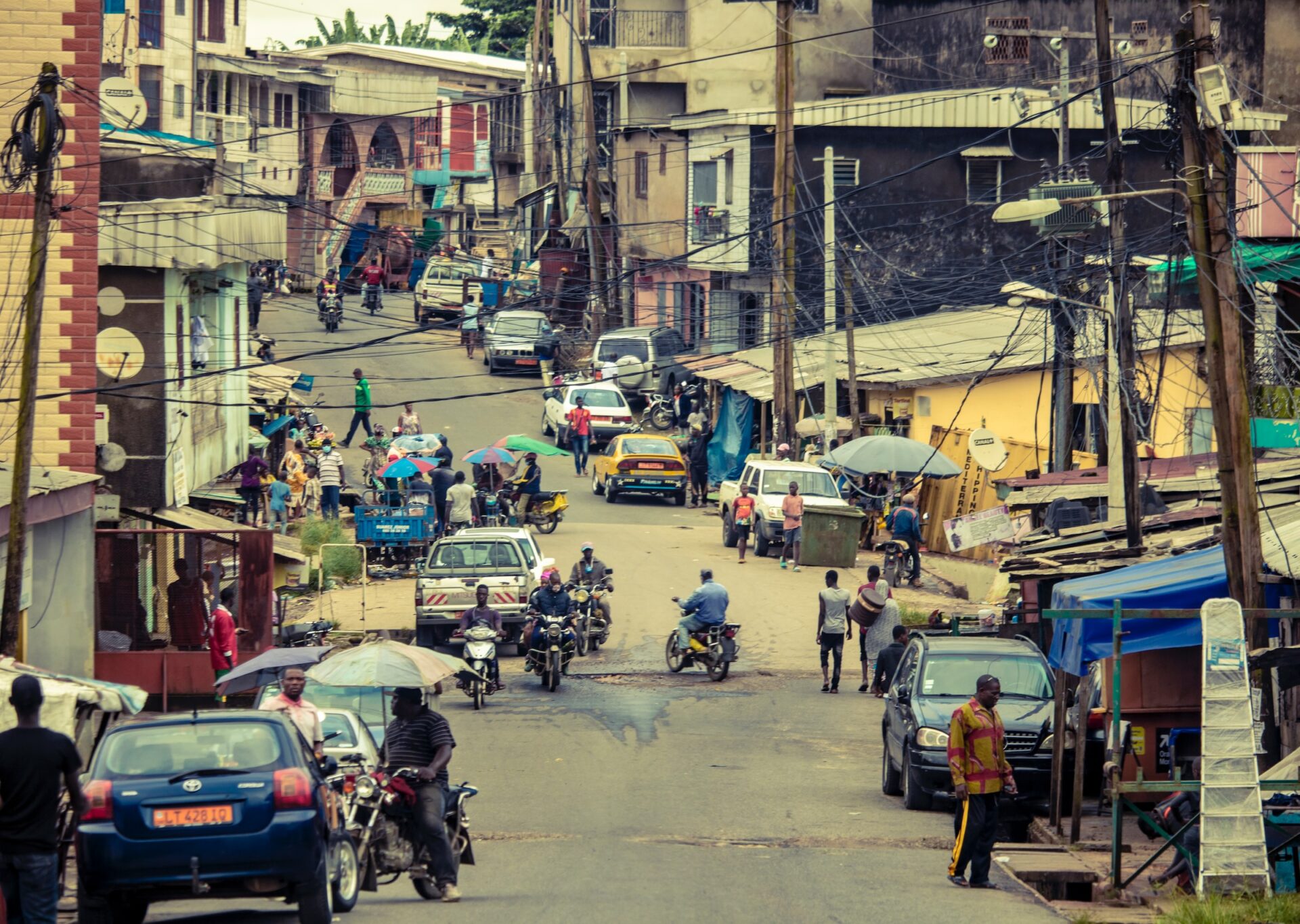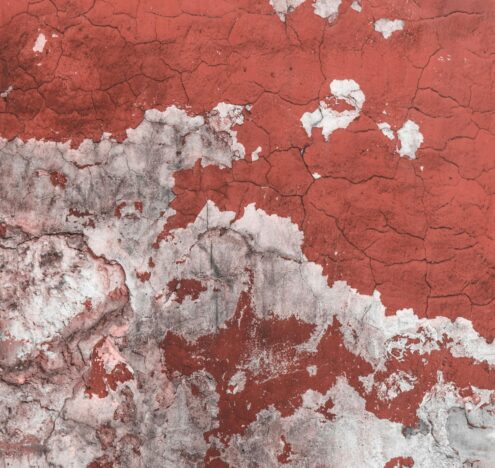When in January 2023, Canada announced a dialogue aimed at resolving the ongoing war in Cameroon, domestic and international observers beamed with optimism at the prospect of ending the armed conflict. The civil war there began in 2017 and is being fought over how the English-speaking western regions of the largely francophone country should be governed.
The announcement followed a series of secret meetings with the Paul Biya regime and Ambazonia separatists in the ski town of Mont-Tremblant and elsewhere in Quebec and Ontario. “The agreement to enter a formal process is a critical first step toward peace and a safer, more inclusive and prosperous future for civilians affected by the conflict,” Canada’s Foreign Affairs Minister Mélanie Joly, said in a statement.
The peace talks were expected to bring various separatist groups and the government of Cameroon to the table. Even though both countries have linguistic similarities, such as the use of French and English as two official languages, Canada’s efforts to seek peace in Cameroon are driven by its economic interest. The bilateral relations between the two countries go back over half a century and involve development assistance, investment, and trade, worth $99 million in 2021.
Amidst the climate of suffering and pain that civilians in the region have endured since the war began, the announcement brought “a sign of hope,” Esther Njomo Omam, the Executive Director of the aid group, Reach Out Cameroon, said. But this soon yielded to a feeling of “frustration,” she added when Yaoundé rejected the peace overture three days later. In a terse statement issued on Jan. 24, 2023, Cameroon’s Minister of Communication Rene Sadi said that the Biya government never entrusted any foreign country or external entity with the role of facilitator or mediator to settle the crisis.
THE ANGLOPHONE CRISIS
The civil war in Cameroon erupted in November 2017 following months of brutal crackdowns by security forces on protests and strikes by teachers and lawyers in the two English-speaking regions of the country, the northwest and southwest. The immediate spark was the alleged attempts by the Cameroon government to impose the French language in Anglophone schools and courts, but the root cause dates back to 1961, when the British-administered Southern Cameroons united with Cameroon after it gained independence from France in 1960.
“The Anglophone crisis is the direct consequence of the colonial plunder of Africa,” Tse Anye Kevin told Inkstick. Kevin was the deputy president of the Confederation of Cameroon Trade Unions, which brought together workers from different walks of life during the 2016 sit-down strikes and protests. Following weeks of heavy crackdowns, including arrests of protest leaders and killing of protesters, Kevin, alongside other protest leaders, fled Cameroon. Some went to Nigeria, while others managed to go elsewhere. So far, he has evaded the “long arm of La Republique du Cameroon,” escaping, for instance, the mass arrest of Sisiku Julius AyukTabe and other separatist leaders in Nigeria’s capital of Abuja in 2018.
The Canadian peace process is not the first mediation effort that has stalled since the war began. A series of peace talks have been initiated since 2019, which have met with little or no success.
From 1845, the land and tribes that make up Cameroon came under the imperial influence of Germany, and it was then known as the German Kamerun. But this changed following World War I when France and the United Kingdom jointly invaded Kamerun in a military campaign to wrest control from Germany. They succeeded, and in February 1916, the United Kingdom and France agreed to divide the territory, resulting in the United Kingdom obtaining approximately one-fifth of the colony on the Nigerian border and France gaining the rest. This partition was later ratified by the Treaty of Versailles signed between Germany and the Allied Powers at the end of World War I, thereby turning the former German colony into the League of Nations mandates of French Cameroon and British Cameroon.
The linguistic divide that the partition created has dogged the country since then. “It has created a feeling of political and economic marginalization in the minds of people in the English-speaking regions who are a minority of the population,” Kevin added. English speakers are only about 17% of the population and occupy two (the northwest and southwest regions) out of Cameroon’s ten administrative regions. Following unification in 1961, a federal administrative system with shared powers between the Anglophone region and the center was established, but by 1972 this was dismantled by the country’s first president, Ahmadou Ahidjo, and replaced by a unitary system that centralized power in Yaoundé.
Although this measure substantially reduced Anglophone political influence, it was not until 12 years later, in 1984, that full centralization took place. Biya, who succeeded Ahidjo, prioritized centralization, divided the Anglophone region into two administrative units, and changed the country’s official name to the Republic of Cameroon — the name of the former Francophone territory. Also, the second star, representing the country’s Anglophone part, was removed from the national flag.
Biya, now 90, has ruled Cameroon for over 40 years, making him the second-longest ruling president in Africa and the oldest Head of State in the world. The Biya dictatorship intensified the centralization and assimilation policies “partly because of the needs of the state and partly because it needs a crisis like this to preserve itself in power,” Waliu Ismaila told Inkstick. Ismaila is a doctoral candidate in African history and British Imperial Studies at West Virginia University. This explains the brutal repression that greeted teachers and lawyers’ strikes and civil protests in 2016.
The strikes and protests, called by the Cameroon Anglophone Civil Society Consortium, an umbrella body of Anglophone lawyers and teacher trade unions, started in cities such as Limbe, Bamenda, and Buea on Oct. 6, 2016 and quickly spread. Although they were initially peaceful, the Biya-led government responded by unleashing security forces on the protesters. Within a week, more than 100 demonstrators had been arrested and many dead.
But instead of rolling back the movement, the repression had the opposite effect of hardening public opinion toward secession. On Oct. 1, 2017, on the 56th anniversary of the 1961 reunification between the Cameroon under French mandate and the British Southern Cameroons, Anglophone separatist groups, angered by the murderous repression, came together to declare a Republic of Ambazonia. Although only a symbolic declaration, the Cameroon government responded by sending the army into the region. Thus began a civil war that, in its sixth year, has caused untold human suffering, including the death of at least 6,000 people and the displacement of over a million civilians. In addition, over 800,000 school children are without full access to education, while about three million people are in need of humanitarian aid in an area whose total population is estimated at no more than six to eight million.
ELUSIVE PEACE
The Canadian peace process is not the first mediation effort that has stalled since the war began. A series of peace talks have been initiated since 2019, which have met with little or no success. Curiously, some of these talk overtures have come from the Cameroonian government itself despite the initial rejection of any mediation by Biya. For instance, a week-long national dialogue initiated by the Cameroonian government in September 2019 was boycotted by Anglophone separatist fighters and opposition leaders. This was followed by another talk facilitated by the Geneva-based Center for Humanitarian Dialogue — a conflict mediation nongovernmental organization — that did not result in any significant outcome due to disagreements among separatist fighters.
In 2020, however, another peace talk was held and had Sisiku and other jailed members of the “Interim Government of Ambazonia” at the table. Sisiku and other separatist leaders are serving life sentences on terrorism charges at Kondengui Central Prison in Yaoundé. At least two meetings were held in April and July 2020, but when Sisiku announced the talks on social media, it led to a storm of condemnation from the separatist camp forcing Yaoundé to abandon the effort. Some secessionists rejected the talks because they believed it was another example of Yaoundé unilaterally deciding who gets to speak for the Ambazonians.
While the next step on the road to peace remains unclear, the war rages on. General “Grandpa of the Buffalos” is in the thick of the fighting. His soldiers control the Bali Nyonga Local Government Area as part of a network of armed groups fighting an asymmetric war against the more powerful and better-equipped Cameroon national army. “Until our demand for Ambazonia Republic is respected, we shall keep on fighting,” he told Inkstick.
A few days after the interview, his phone line became unresponsive. A week later, the go-between (a refugee who fled the fighting) sent a short message explaining his disappearance. “You know they are at war,” the message read, accompanied by a video showing three dead young men drenched in blood with their jean trousers pulled almost to their knees to highlight the violence.





















